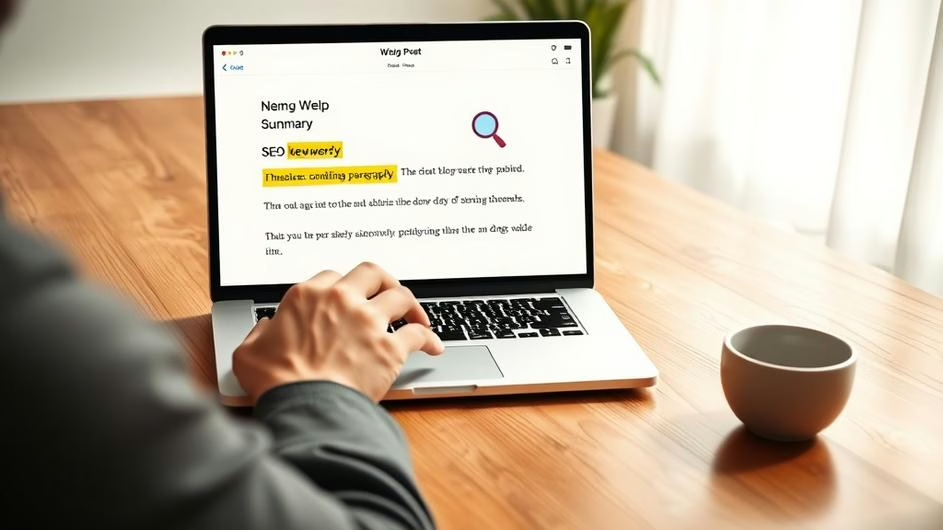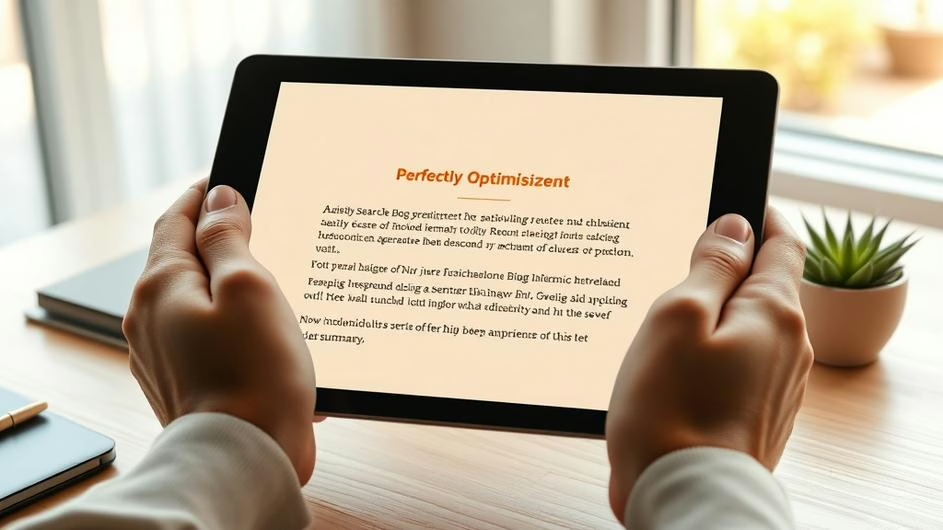
Automation, AI, and the Rise of the Digital Workforce: How Tech is Reimagining the Way We Work
Tech innovation never takes a breather. Right now, across industries from insurance to cloud infrastructure, we’re watching automation, artificial intelligence, and workforce orchestration fundamentally reshape how business gets done. The pace? Absolutely relentless. But for developers, IT leaders, and anyone building tomorrow’s digital economy, this moment presents an incredible opportunity to lean in and figure out what’s next.
Insurance Gets a Tech Makeover
When you think about AI transformation disrupting traditional industries, commercial insurance probably isn’t the first thing that comes to mind. Yet that’s exactly what’s happening with Pyq, Inc., a Y Combinator-backed startup that just launched their Mulligan platform to automate insurance brokerage operations.
Think about it: insurance has been drowning in paperwork for decades. Mulligan targets those mind-numbing back-office tasks that used to eat up entire workdays, cutting processes from hours down to minutes. That’s not just productivity gains, it’s a complete operational transformation. Brokers can finally focus on what humans do best: building client relationships and tackling complex risk assessments rather than shuffling endless forms.
With backing from WillowTree Ventures and industry heavyweights, Pyq might be showing us how deeply automation will penetrate even the most traditional, manual sectors. Could this be the template for other legacy industries?
Cloud Infrastructure Goes Declarative
For software teams dealing with infrastructure headaches, the solution increasingly looks like “infrastructure as code.” Take Symal, an ASX-listed company that’s doubled down on Microsoft Azure using Bicep, a declarative language for defining cloud resources. What makes this interesting? Symal’s approach deliberately avoids custom scripting, instead emphasizing the maturity of modern cloud tools.
This matters for several reasons. First, it shows how cloud infrastructure has evolved to the point where teams can manage complex deployments without building everything from scratch. Second, it demonstrates how enterprises are prioritizing predictable, repeatable processes over bespoke solutions. When you’re scaling fast, consistency beats customization every time.
The Self-Hosting Reality Check
Not everyone’s ready for the automation revolution, though. Ask anyone trying to set up self-hosted solutions without coding experience, and you’ll get an earful about the challenges. The reality? Self-hosting remains surprisingly difficult for non-technical users, requiring troubleshooting skills, system maintenance knowledge, and a deep understanding of how different services interact.
This friction point reveals something important about where we are in tech’s evolution. While automation promises to make everything simpler, we’re not quite there yet for everyday users. The learning curve is still steep, limiting what services people can actually run themselves. But here’s the thing: many enthusiasts find the challenge rewarding, often using it as a stepping stone to deeper technical expertise.
As automation becomes more accessible, we should see these barriers start to crumble, opening up powerful self-hosted possibilities for a much broader audience.

Enterprise AI Gets Real
Here’s where things get really interesting. Artificial intelligence is finally moving beyond pilot projects into full-scale enterprise deployment. Neudesic, an IBM company, just unveiled their Digital Workforce Management platform built on Microsoft Azure’s AI Foundry.
What they’re building isn’t just another AI tool. It’s a complete orchestration system for autonomous and semi-autonomous AI agents working alongside human teams. Instead of isolated AI experiments, enterprises get a governed catalog of digital tools with built-in safety, compliance, and automated remediation capabilities.
This represents a massive shift. We’re talking about AI agents becoming legitimate members of the workforce, with end-to-end security and operational visibility. The future this points toward? Digital agents and human expertise working together to create efficiency and resilience that neither could achieve alone.
Consumer Tech Reflects the Trend
Even consumer-facing platforms show automation’s influence. Take something like DraftKings’ latest promotional offerings, which might seem disconnected from enterprise automation at first glance. But look closer: these platforms deliver smoother user experiences, smarter integrations, and faster service precisely because automation and AI are quietly improving the digital infrastructure we all rely on.
It’s a perfect example of how foundational tech improvements bubble up through every layer of the digital economy. When backends get more automated and intelligent, front-end experiences naturally get better too.
What’s Next for Digital Work?
As workflows become increasingly automated and AI agents join the digital workforce, we’re looking at dramatic changes in how we work and interact with technology. The push for accessible self-hosting, combined with clearer, more secure cloud deployments, is making it possible for both large enterprises and individual technologists to shape their digital environments.
For developers and tech teams, the challenge isn’t just keeping up anymore. It’s about strategic choices: which tools and platforms to embrace, how to balance automation with human oversight, and where to invest time and resources. The companies and individuals who adapt, learn, and experiment will find themselves at the forefront of a new digital economy.
This isn’t just about artificial intelligence redefining industries. It’s about automation powering new paradigms of creativity and capability that we’re only beginning to understand. The question isn’t whether this transformation will happen, it’s whether you’ll be leading it or scrambling to catch up.
The tools are here. The platforms are maturing. The only question left? What will you build with them?
Sources
- “Pyq Launches ‘Mulligan’ Platform to Automate Commercial Insurance Operations” – The Fintech Times, 29 Oct 2025
- “6 challenges I encounter while self-hosting with no coding experience” – XDA, 30 Oct 2025
- “DraftKings promo code: Claim $300 in bonuses for Zion Williamson props & League Pass trial” – AL.com, 1 Nov 2025
- “ASX-listed Symal digs deeper into AI and DevOps with Microsoft Azure” – iTnews, 26 Oct 2025
- “Neudesic Unveils Digital Workforce Management for Enterprise-Scale AI Agents on Microsoft Azure AI Foundry” – ACCESS Newswire, 29 Oct 2025





































































































































